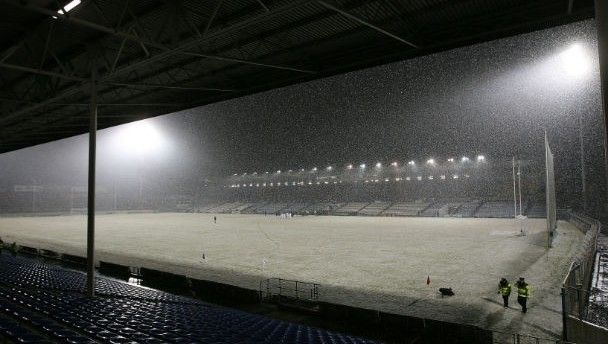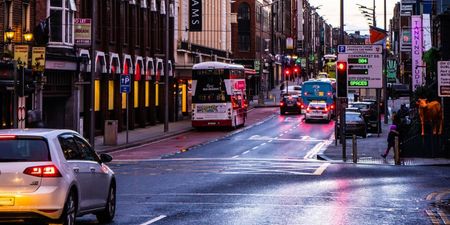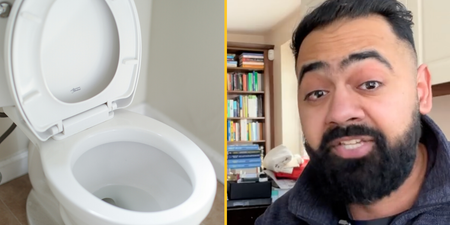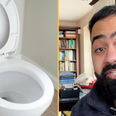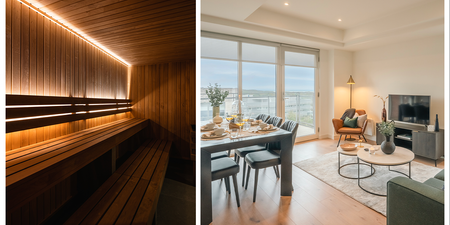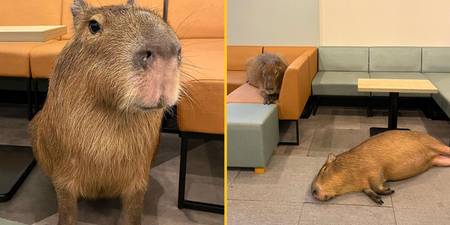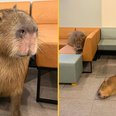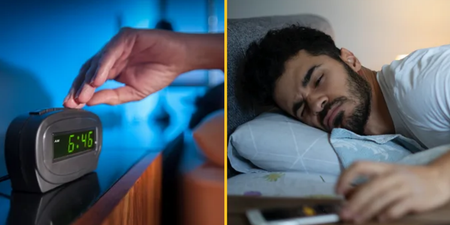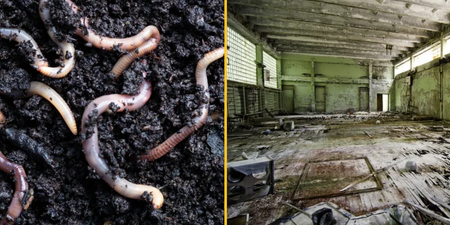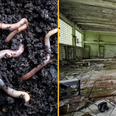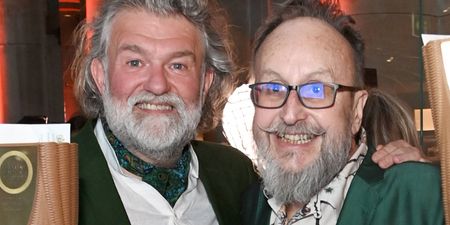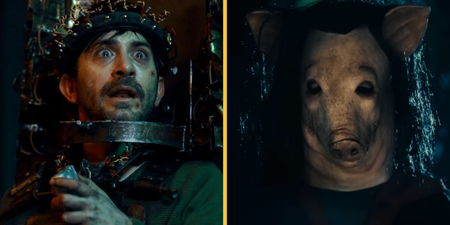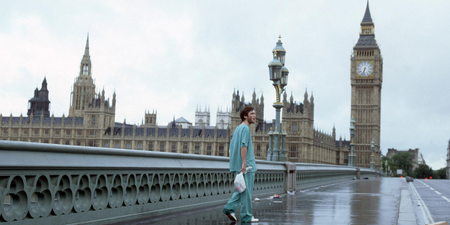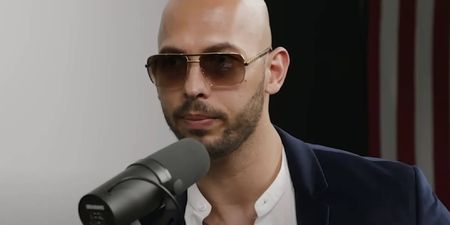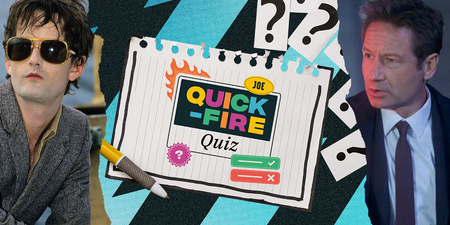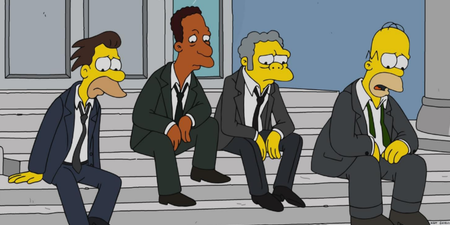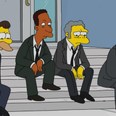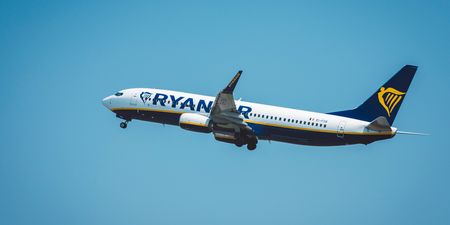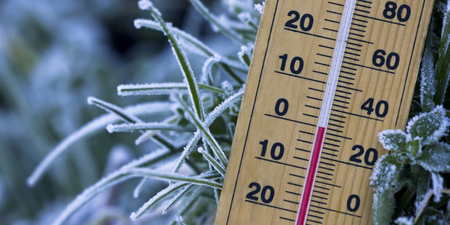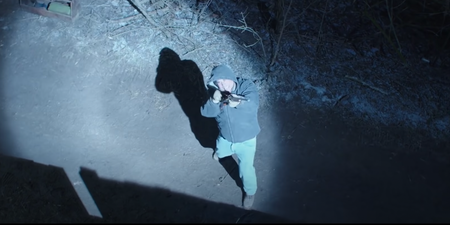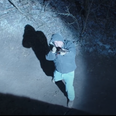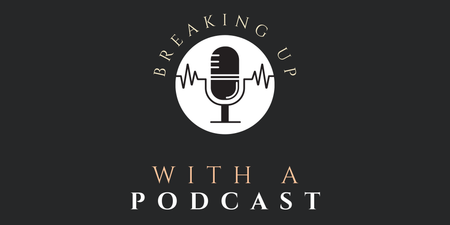Last time I checked, both hurling and Gaelic football were amateur sports. Then why, exactly, are inter-county teams treated without democracy at times? Managers and players, GAA and GPA officials – all have mixed views on the training ban for November and December.
JOE spoke to GAA insiders to find out about possible solutions, player burn-out and the truth behind their expenses at this time of year.
“I’ve no problem with it at all,†says Mayo star Keith Higgins.
Here’s a player who, at the age of 25, has taken to the pitch enough times to regale tales akin to a veteran. Higgins doubles up for the Green and Red in both codes – hurling and football – at senior inter-county level and, clearly, he welcomes the opportunity to catch his breath at this time of year.
“The year is going to be long enough most of the time anyway.
“If you go training this time of year then by February or March you’re nearly sick of it. But I can see where managers are coming from at the same time.â€
Indeed, managers are the ones who feel most aggrieved over the two-month ban on collective training – a decision implemented by the GAA in 2007 to alleviate player burn-out.
Possibly still wounded from the most controversial goal that should not have been allowed in this year’s Leinster SFC final, Louth manager Peter Fitzpatrick feels that the GAA have it all wrong.
“I think it’s a bit of a disaster at the moment,†says the Wee county manager.
“We played our last game in the championship in July so that means five months there you’re not going to see your players. Even if you could do one night a week it would help.â€
The astute manager also highlights a spin-off result that may have been overlooked by the honchos at GAA headquarters. Players obviously want and need to stay fit and time spent in the gym can become monotonous. Togging out for rugby and soccer teams during the closed GAA season is something that Fitzpatrick doesn’t like to see, for obvious reasons.
“It’s an amateur sport and people shouldn’t be able to dictate to people and say, ‘you can’t do November and December’. People should be entitled to do what they want to do.â€
“You’re also giving guys an opportunity to go away and play rugby or soccer – sports they’re more inclined to get injured playing in.â€
“It should be optional. The managers should be able to discuss with the county board what happens in the close season.â€
Footballers and hurlers from the successful counties are the beneficiaries of the collective training break. Sure, most of them have to return to club action after they leave the dizzy heights of glorious September Sundays in Croke Park, but their unofficial break away from action is usually incorporated.
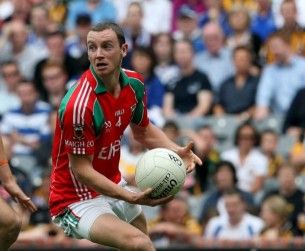
Keith Higgins in action for Mayo
The Gaelic Player’s Association (GPA) have conducted research with their members on the issue which finds that the majority want the closed season to be more flexible. There’s no doubting the scientific issue of player burn-out – nobody is glorifying that or saying it doesn’t need to be taken into account – but the signals coming from the organisation is that an alteration to the current system is needed.
“There’s mixed views among the GPA membership about it,†says GPA Communications Officer Sean Potts.
“We (the GPA) agree that there should be a closed season. It makes sense, and we take our lead from the experts in this regard.
“The problem with the fixed ban over the two-month period is it doesn’t suit a system that doesn’t have a defined season. Players from Cork who are involved late in the championship are obviously busy playing most of the year but it wouldn’t necessarily suit teams that exited the championship in July who would rather get back as early as possible.â€
The issue of players’ expenses has been raised from various quarters and the stance on the matter for the closed season is firmly with every individual county board in the country. Potts says some players feel the ban on collective training is “a cynical move (by county boards) to save on expenses and they don’t see it as the burn-out issue†but that it’s not a given that “the sentiment behind what the GAA are trying to do is genuine.â€
So what exactly is the plan of action for the GPA on the matter? We’ve all seen the power-bending capabilities the body can use to good effect at times. Potts says an adjustment to the current format is needed – an adjustment that makes a hell of a lot of sense.
“We’ll review the flexibility arrangements of it all – if teams want to take the option of having their close season immediately after their season is finished in July and return to training in November or December and start building a squad. Especially teams in the middle-tier.â€
Meanwile, the GAA remain rooted on the ban on training at this time of year. It’s clear that directives need to come from county boards via proposals at county conventions. As of yet there have been no confirmed reports of inter-county players training collectively when they shouldn’t be.
A communications representative for the GAA told JOE.ie that “players are free to train individually but it is there for player’s welfare and that position is as it is for the momentâ€.
“There are no plans to review it. County boards are the ones that put in the rule and they are the ones that police it.â€
